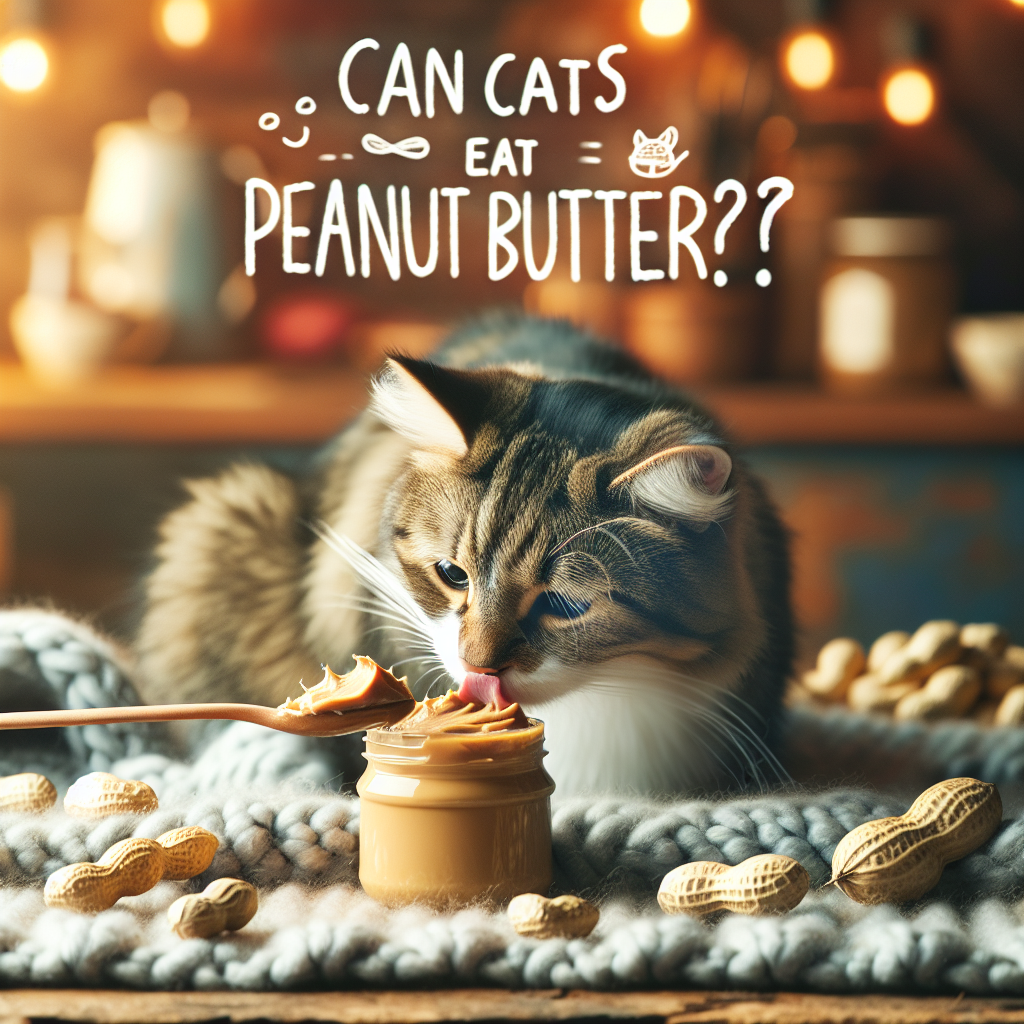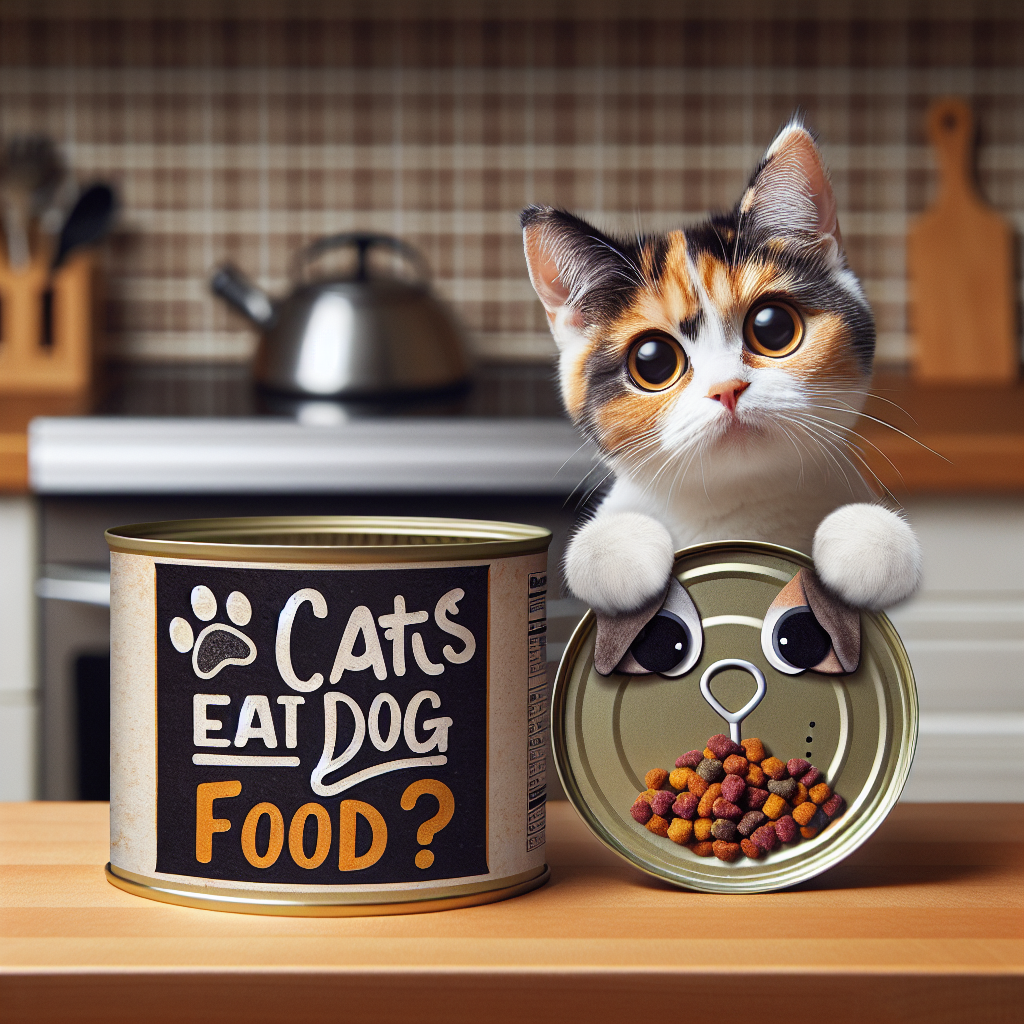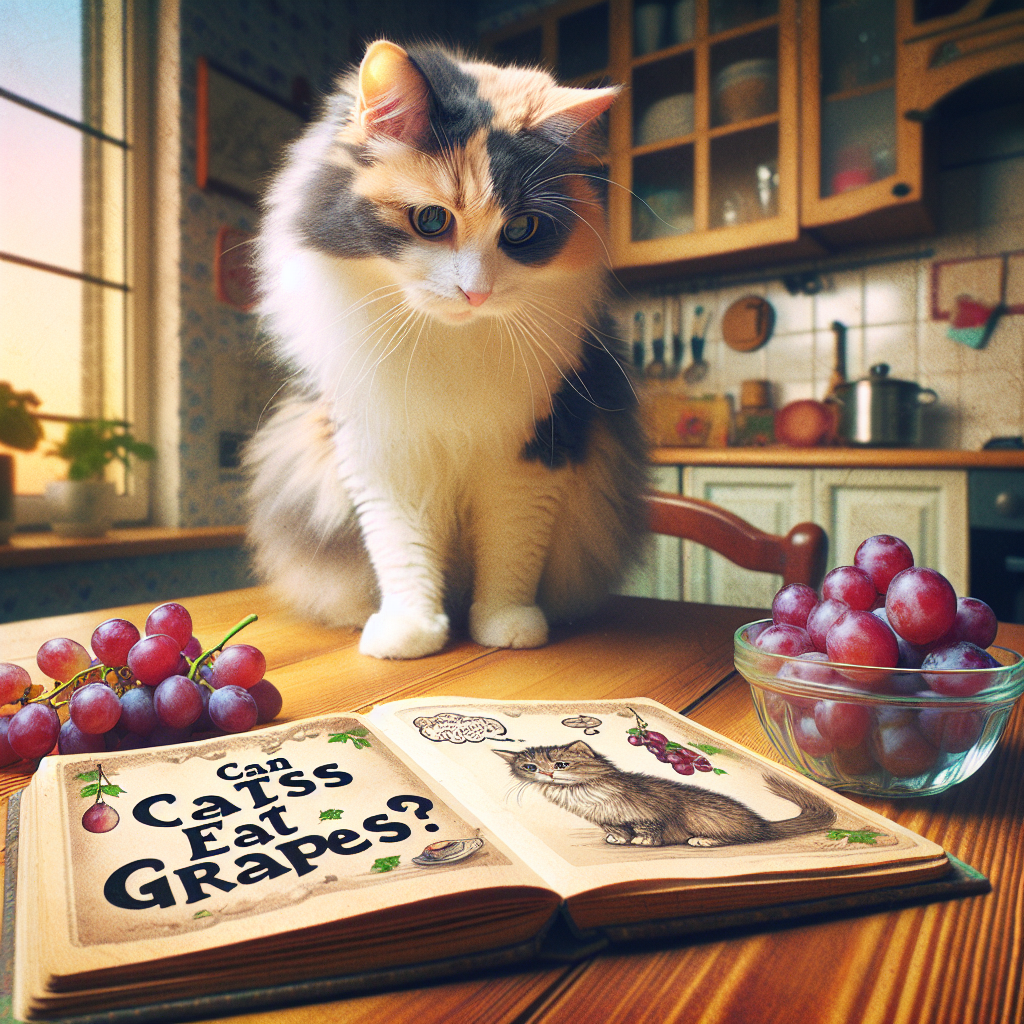Can Cats Eat Bread? Understanding the Feline Diet
As a loving cat owner, you might have found yourself wondering if it’s safe to share your favorite toast or piece of bread with your feline friend. After all, cats are known for their curious nature and tendency to sneak a bite of whatever you’re eating. But when it comes to bread, the question arises: can cats eat it safely? In this article, we’ll explore the implications of feeding bread to cats, nutritional considerations, and safe alternatives.
A Cat’s Natural Diet
To understand whether bread is suitable for cats, it’s important to first grasp what constitutes a natural feline diet. Cats are obligate carnivores, meaning that they require a diet primarily composed of meat. In the wild, they hunt small animals like rodents, birds, and insects. These prey items provide them with the essential nutrients, including proteins, fats, vitamins, and minerals, necessary for their health.
The Nutritional Value of Bread
Bread is primarily composed of carbohydrates, along with some proteins and fats. While it may not be toxic to cats, it lacks the essential nutrients that a cat needs to thrive. A diet high in carbohydrates can lead to obesity, diabetes, and other health issues in cats. Additionally, many types of bread are made with additives, like sugar and salt, which can further complicate matters.
Is Bread Safe for Cats?
In small amounts, plain white or whole grain bread is generally considered safe for cats to eat. It is non-toxic and won’t cause immediate harm. However, there are several factors to keep in mind:
-
Moderation is Key: Bread should not replace a cat’s regular diet or make up a significant portion of their caloric intake. A few small bites occasionally is usually harmless.
-
Watch for Allergies: Like humans, some cats may have sensitivities or allergies to certain grains. If you notice any signs of digestive upset, such as vomiting or diarrhea, stop feeding bread and consult your veterinarian.
-
Avoid Additives: Steer clear of flavored or enriched breads that contain ingredients such as garlic, onion, or raisins, which are toxic to cats. Always opt for plain, unseasoned varieties.
- Be Cautious with Portions: Cats are small animals, and their digestive systems are not equipped to handle large amounts of carbohydrates. Even a small piece of bread can lead to gastrointestinal distress.
Alternatives to Bread
If you want to give your cat a treat or a safe human food to nibble on, there are plenty of healthier options available:
- Cooked Meat: Small pieces of cooked chicken, turkey, or fish (without bones or seasoning) are excellent protein sources that are safe for cats.
- Fruits and Vegetables: Some cats enjoy nibbling on safe fruits like melon or blueberries (in moderation), as well as vegetables like cooked carrots or peas.
- Commercial Treats: There are numerous cat treats on the market that are specially formulated to provide the nutrients cats need. Look for those that adhere to the nutritional guidelines for feline health.
Conclusion
While cats can eat bread in small quantities without immediate risk, it is not an ideal food for them. The best approach is to prioritize a balanced diet specifically designed for cats, supplemented by occasional treats that meet their dietary needs. Always consult with your veterinarian before making any significant changes to your cat’s diet or introducing new foods. Your cat’s health and well-being should always come first, so when in doubt, stick to meat-based foods and treats that cater to their physiological needs.





